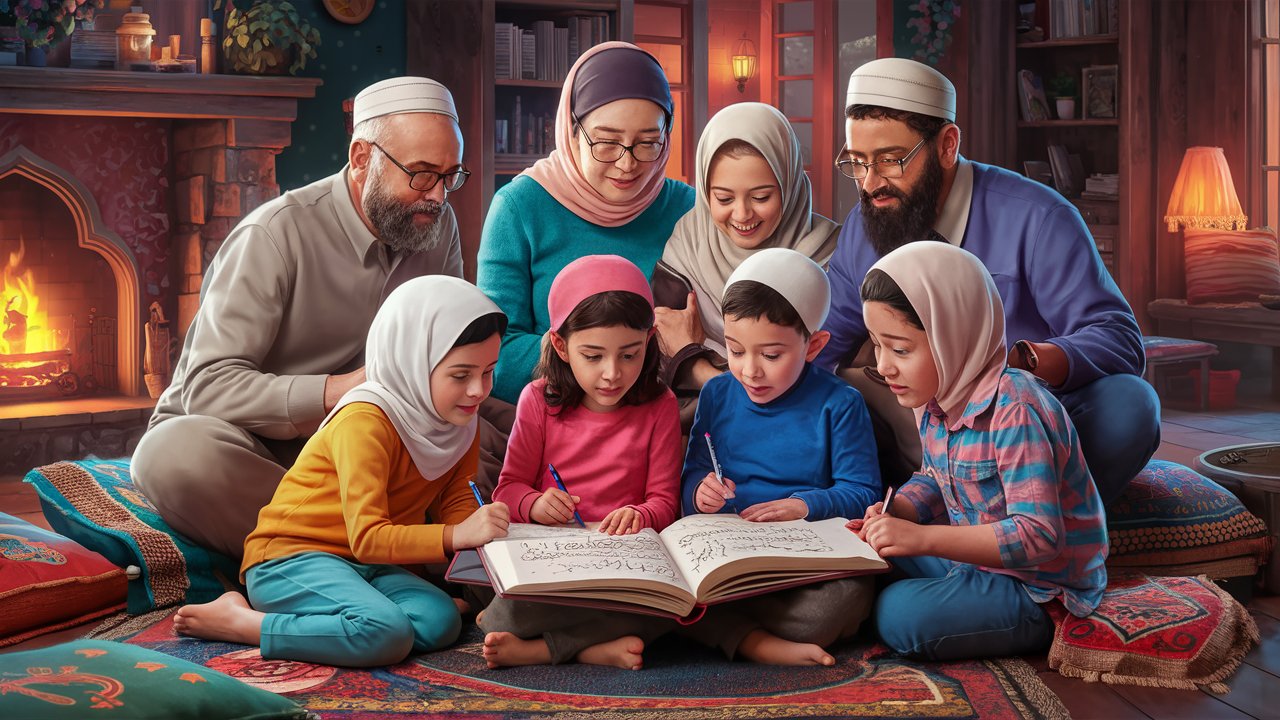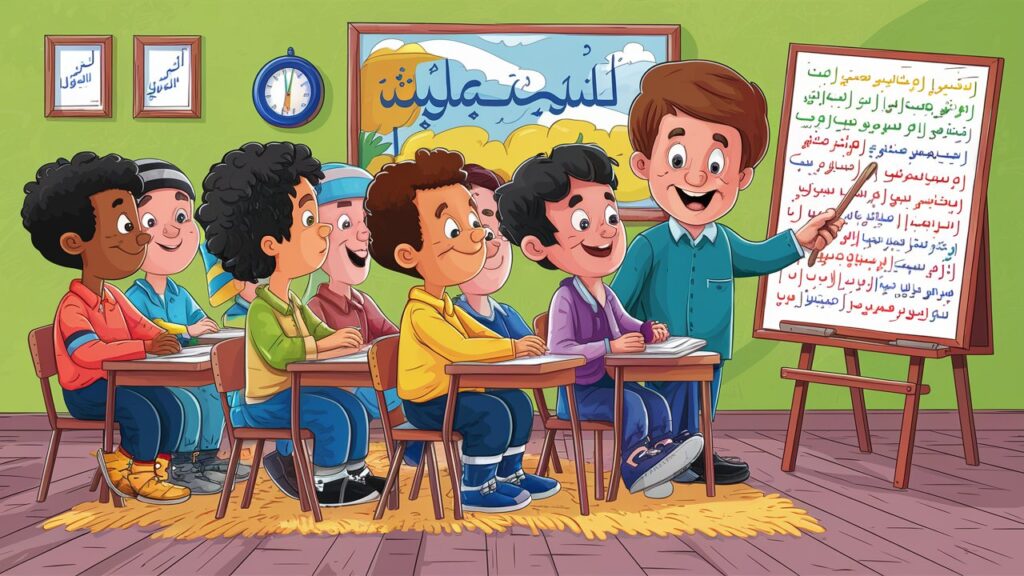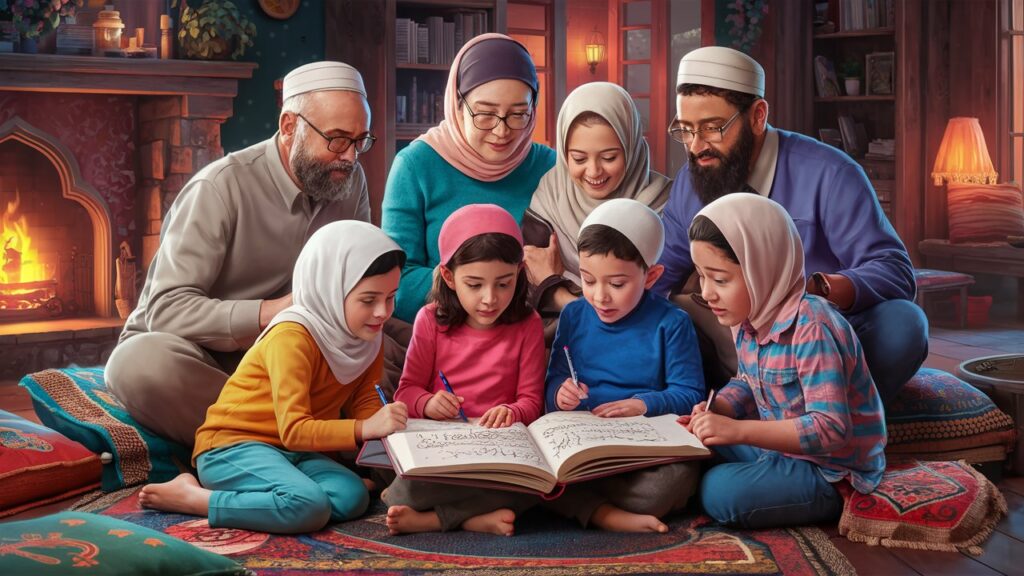
The Importance of Arabic Language for Muslim Youth
Introduction
Language is the tapestry that weaves together our identity, culture, and faith. For Muslim youth, the Arabic language holds a special significance, acting as a vital link to their heritage and spiritual connection. Learning Arabic empowers young Muslims, fostering a deeper understanding of Islam and enriching their cultural experience.
Arabic as a Pillar of Islamic Faith

Islam, as a religion, is intrinsically tied to the Arabic language. The Quran, the holy scripture of Islam, was revealed in Arabic. To truly grasp the depth and nuances of Islamic teachings, a foundational understanding of Arabic is essential. Beyond the Quran, Arabic is the language of Islamic prayers, supplications, and religious discourse. By mastering Arabic, Muslim youth can develop a more profound connection with their faith and engage with its teachings on a deeper level.
Arabic as a Cultural Bridge
Arabic is not merely a religious language; it is also the cornerstone of a rich and diverse culture. The Arab world boasts a magnificent tapestry of history, literature, art, and philosophy, all expressed through the Arabic language. Learning Arabic opens doors to exploring this vibrant heritage, fostering a sense of belonging to a broader Muslim community. By understanding the language, young Muslims can connect with their roots, appreciate the contributions of Arab civilizations, and build bridges with people from different cultural backgrounds.
Building Identity and Confidence
Acquiring a new language is a transformative experience that shapes one’s identity. For Muslim youth, learning Arabic can boost self-esteem and cultural pride. It provides a strong foundation for understanding their faith and heritage, leading to a more confident and empowered individual. Moreover, being fluent in Arabic can open up new opportunities for education, career advancement, and personal growth. By passing down the Arabic language to future generations, we ensure the preservation of our Islamic identity and cultural legacy.
Practical Tips for Parents and Educators

To nurture a love for the Arabic language in young hearts, parents and educators play a crucial role. Incorporating Arabic into daily life through songs, stories, and interactive activities can make learning enjoyable and engaging. Exposing children to Arabic media, such as cartoons and children’s programs, can also be beneficial. Creating a supportive learning environment at home and school is essential for building confidence and motivation.
Conclusion
By prioritizing Arabic language education, we empower Muslim youth to become well-rounded individuals with a strong sense of identity and purpose. Let us work together to cultivate a generation of young Muslims who are fluent in Arabic and deeply connected to their faith and heritage.
